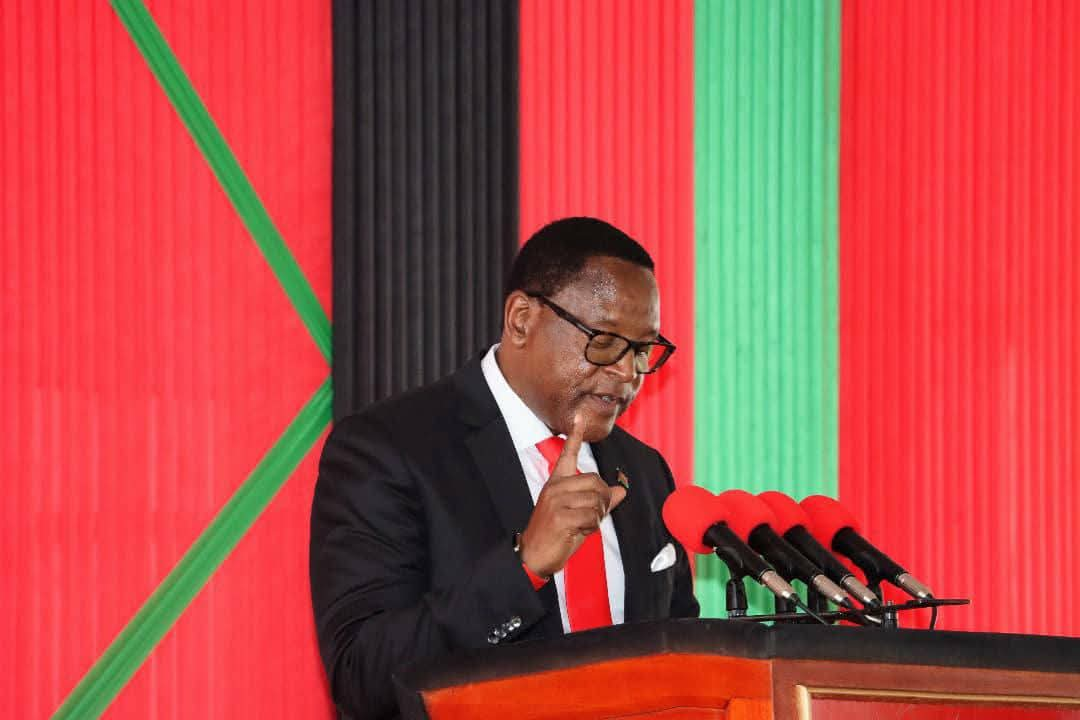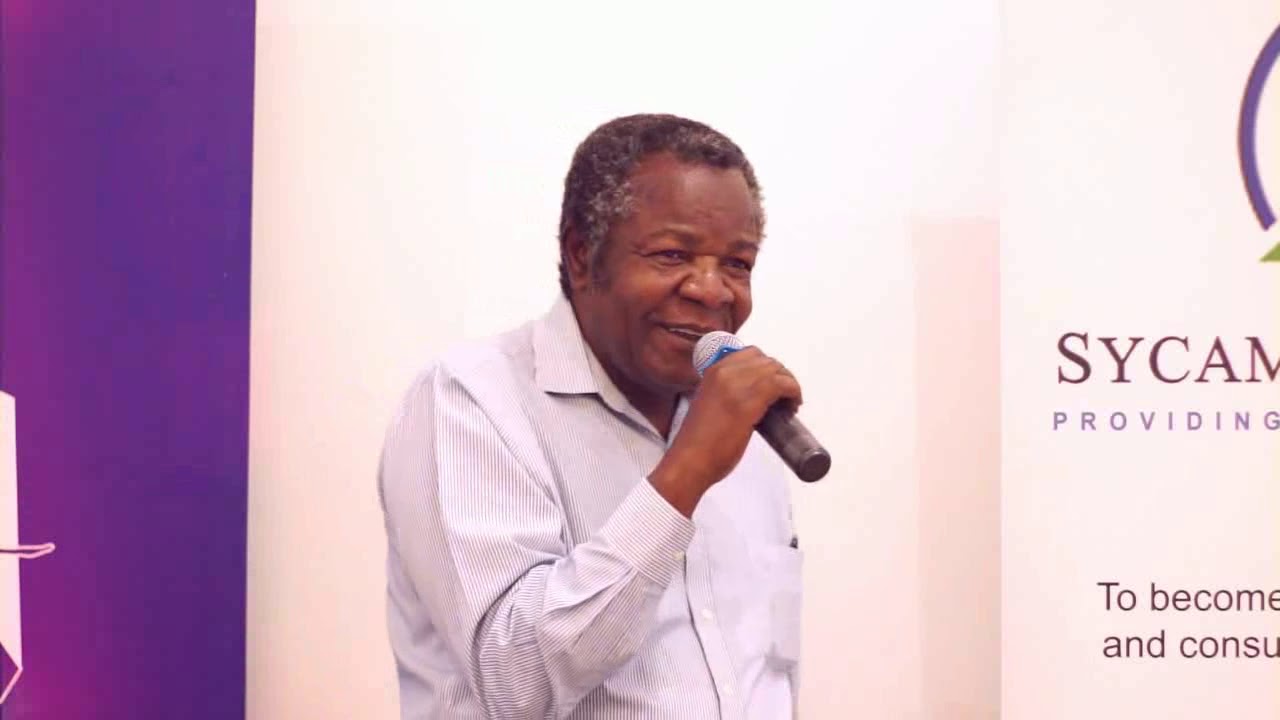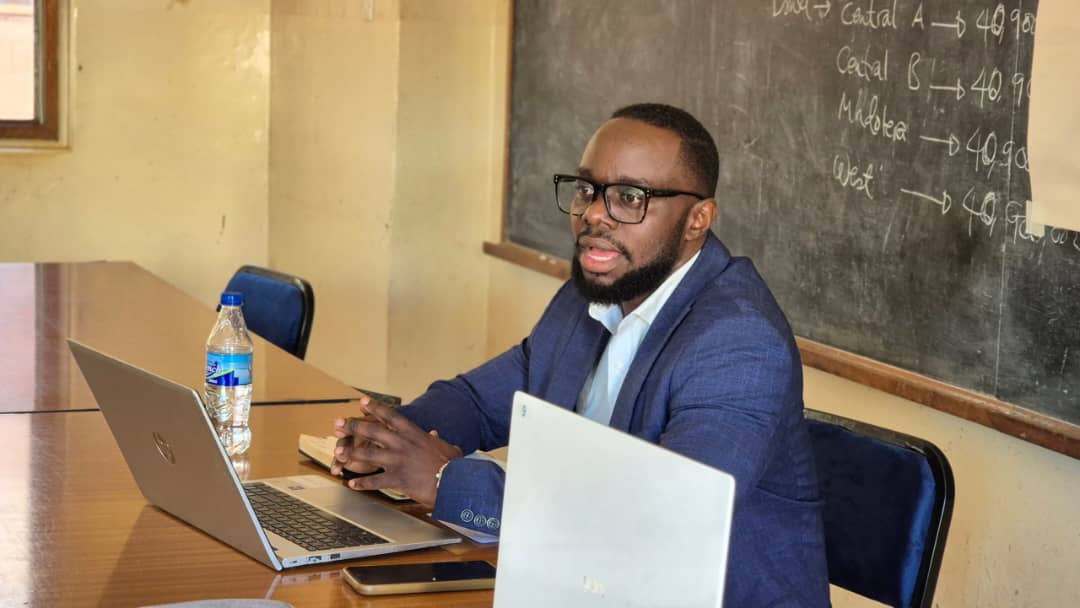By Jones Gadama
As the world commemorates World Press Freedom Day today May 3, it is imperative to reflect on the state of journalism in Malawi. While the day serves as a reminder of the importance of press freedom and the role of journalists in a democratic society, it also highlights the pressing challenges that journalists in Malawi face.
The government’s commitment to safeguarding the rights of journalists and promoting freedom of expression remains questionable, raising concerns about the future of independent journalism in the country.
In recent years, Malawi has witnessed a troubling trend where journalists have faced intimidation, harassment, and even violence for simply doing their jobs.
The government’s lack of proactive measures to protect journalists has created an environment of fear and self-censorship.
This is particularly alarming in a country that prides itself on being a democracy, where the free flow of information is essential for informed citizenry and accountability.
The government’s failure to address these issues not only undermines the work of journalists but also erodes the very foundation of democracy itself.
One of the most glaring examples of the government’s negligence is the increasing number of cases where journalists have been arrested or faced legal action for reporting on sensitive issues.
The use of draconian laws, such as the Penal Code and the Communications Act, has been a tool for silencing dissenting voices. Journalists who dare to expose corruption, human rights abuses, or government malfeasance often find themselves in precarious situations.
The chilling effect of such actions is evident, as many journalists are now hesitant to cover stories that could provoke the ire of those in power.
Moreover, the government’s failure to provide adequate support for media institutions exacerbates the challenges faced by journalists. Many media houses operate under dire financial constraints, which limits their ability to invest in quality journalism.
The lack of funding for investigative journalism means that critical stories often go untold, leaving the public uninformed about issues that affect their lives.
The government should recognize the importance of a vibrant media landscape and take steps to support independent journalism, rather than stifling it.
While it is crucial to hold the government accountable for its actions, it is equally important for journalists to uphold their own ethical standards. The responsibility of journalists extends beyond merely reporting the news; they must also ensure that their work is grounded in truth, objectivity, and fairness.
In an era where misinformation and sensationalism can easily spread, journalists must be vigilant in their commitment to ethical reporting. This means verifying facts, providing balanced perspectives, and avoiding conflicts of interest.
The role of journalists as watchdogs of society cannot be overstated.They serve as a check on power, providing the public with the information necessary to make informed decisions.
However, this role comes with significant responsibility. Journalists must strive to maintain the highest standards of integrity, as their credibility is paramount in a world where trust in the media is increasingly eroded.
By adhering to ethical guidelines, journalists can strengthen their position as reliable sources of information and contribute to a more informed society.
Furthermore, the relationship between the government and the media should be one of mutual respect and collaboration.
The government should recognize that a free press is not an adversary but an ally in promoting transparency and accountability.
By fostering an environment where journalists can operate freely, the government can enhance its own legitimacy and build trust with the public.
This requires a commitment to dialogue and engagement with media stakeholders, rather than resorting to intimidation and repression.
As Malawi observes World Press Freedom Day, it is essential for the government to reflect on its role in protecting journalists and promoting freedom of expression.
This includes repealing or amending laws that infringe on press freedom, ensuring that journalists can operate without fear of retribution, and providing support for media institutions.
The government must also take a stand against violence and harassment of journalists, sending a clear message that such actions will not be tolerated.
At the same time, journalists must recognize their own responsibilities in this dynamic.
They must strive to uphold the highest ethical standards, ensuring that their reporting is accurate, fair, and responsible. By doing so, they can contribute to a media landscape that is not only free but also credible and respected.
The commemoration of World Press Freedom Day serves as a reminder of the ongoing struggles faced by journalists in Malawi. The government must take decisive action to protect the rights of journalists and promote an environment conducive to freedom of expression.
Simultaneously, journalists must remain committed to their ethical responsibilities, ensuring that they fulfill their role as guardians of democracy.
Only through a collaborative effort can Malawi hope to achieve a vibrant and independent media landscape that serves the interests of its citizens.
The time for action is now, and the future of press freedom in Malawi depends on the commitment of both the government and journalists to uphold the principles of democracy and accountability.




